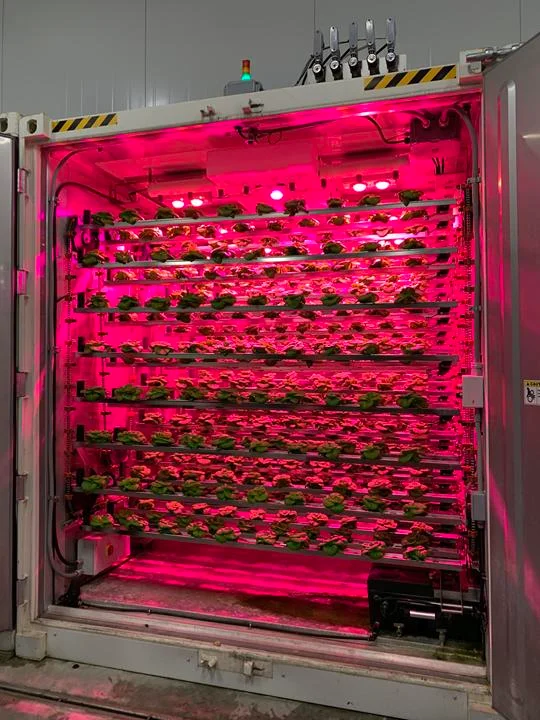In a recent interview with The Cascade, Dr. Lenore Newman shared insights into her latest panel report, The Next Course, on atypical food production and its implications for Canada’s food security. Commissioned by the Council of Canadian Academies, the report explores how emerging technologies can shape the future of food production in Canada.
One of the main ideas behind Newman’s report is rooted in the goal of boosting Canada’s food security. As a northern country with restricted growing seasons, Canada is interested in controlled environments like greenhouses. Additionally, maintaining a global standing is a key priority.
“We see it as a need to be competitive with the rest of the world and to compete nationally or internationally with other countries to be an agricultural superpower.”
For Newman, among the many technological advancements, advanced controlled environments stand out. These include hydroponics, LED lighting, and controlled atmosphere to optimize plant growth indoors. Another is precision fermentation, which involves using yeast and bacteria to produce protein and fats.
Newman mentioned that genetic technologies, such as modifying cornstarch to make corn, are also contributing to the sector’s improvement. They will also help refine policies for a sustainable future without compromising producers’ livelihoods.
Aside from these, artificial intelligence (AI) and automation are also poised to play significant roles. However, Newman suggested that the full potential of AI is yet to be explored. Some current applications include using AI to help maximize land use, assist in crop selections, create a virtual farm, and experiment with a variety of crops under different stresses.
“It’s early days, but it’s a really interesting area, especially when coupled with things like automation [and] precision farming.”

Despite Canada doing well in agriculture, Newman believes more funding in the sector, academic research, and industry support are needed to take the lead globally. She also advocated for a stronger and more cohesive national strategy.
“Other major countries have a national food security strategy, a national agriculture strategy, and we don’t [have] quite as much. All the provinces have their own strategies, and there’s a little bit of national strategy, but not to the same degree.”
Despite persisting challenges like climate change and high land costs, updating and changing policies can accelerate food security. These updates include simplifying regulations and ensuring they align with technologies that help farmers adapt easily. Additionally, providing fast Wi-Fi to all rural areas is essential, given that modern technology relies on internet connectivity.
“We need to make sure that our regulatory environment reflects the technology.”
At the university level, the Food and Agriculture sector has successfully secured funding from diverse sources, including federal government bodies, industry partners, and organizations like Genome Canada. Despite research being expensive, UFV is thriving in the agricultural sector.
“Agriculture is one of our keystones … So, we are trying to grow as rapidly as we can [with] our offerings and to be training people in new and exciting agricultural technologies. The sky’s the limit for UFV in this field, and I think we’re going to be doing some really neat things.”
Looking ahead, Dr. Newman envisions a future where Canada produces food all year round, reducing its dependency on imports and stamping its presence globally as one of the top three agricultural countries.



